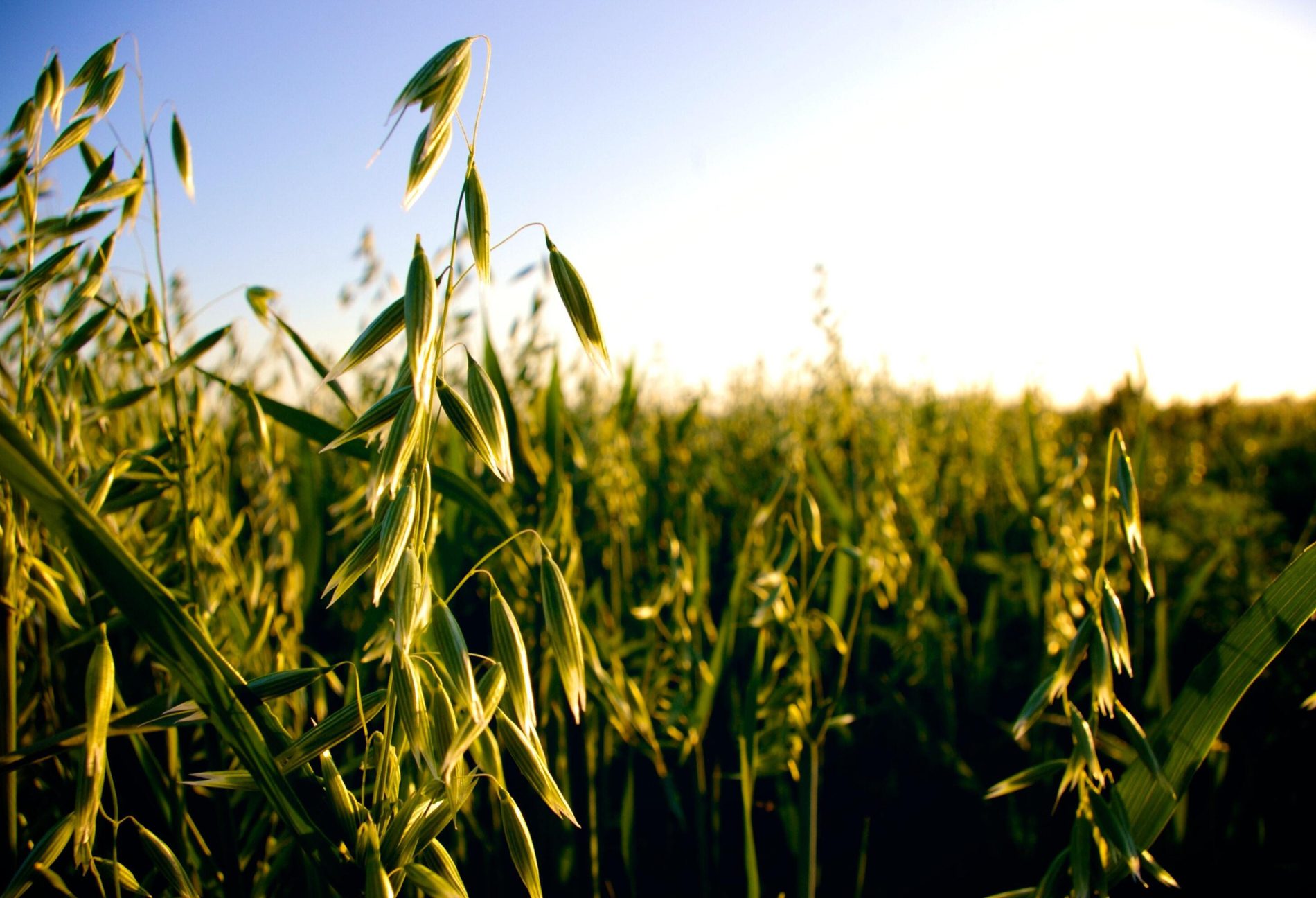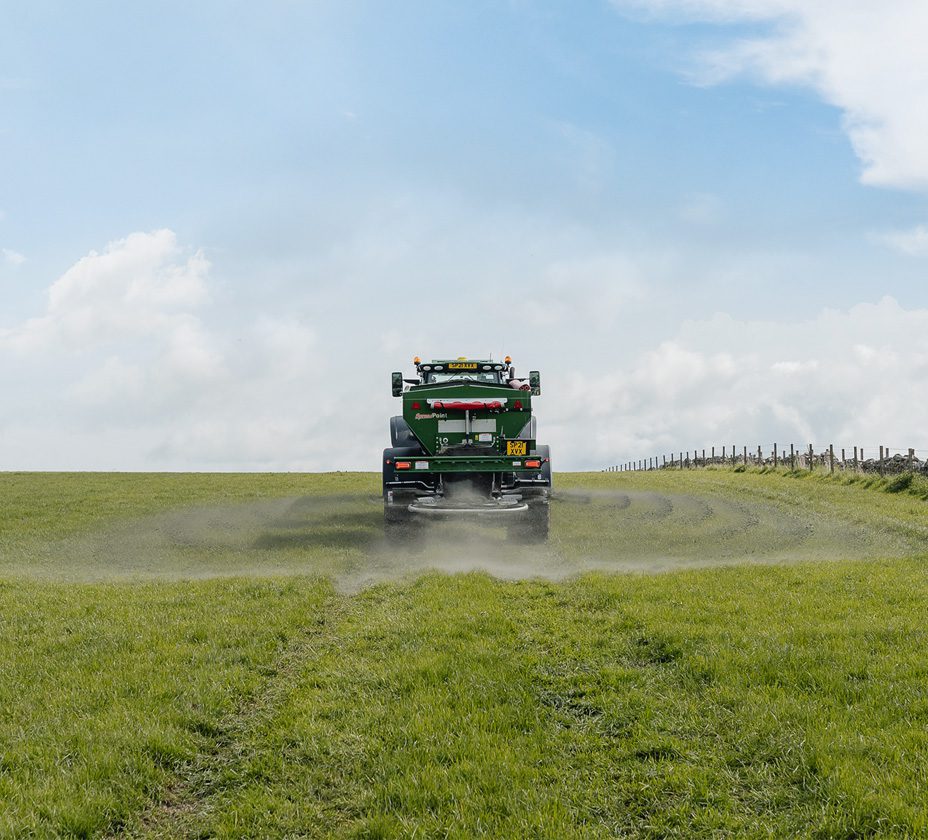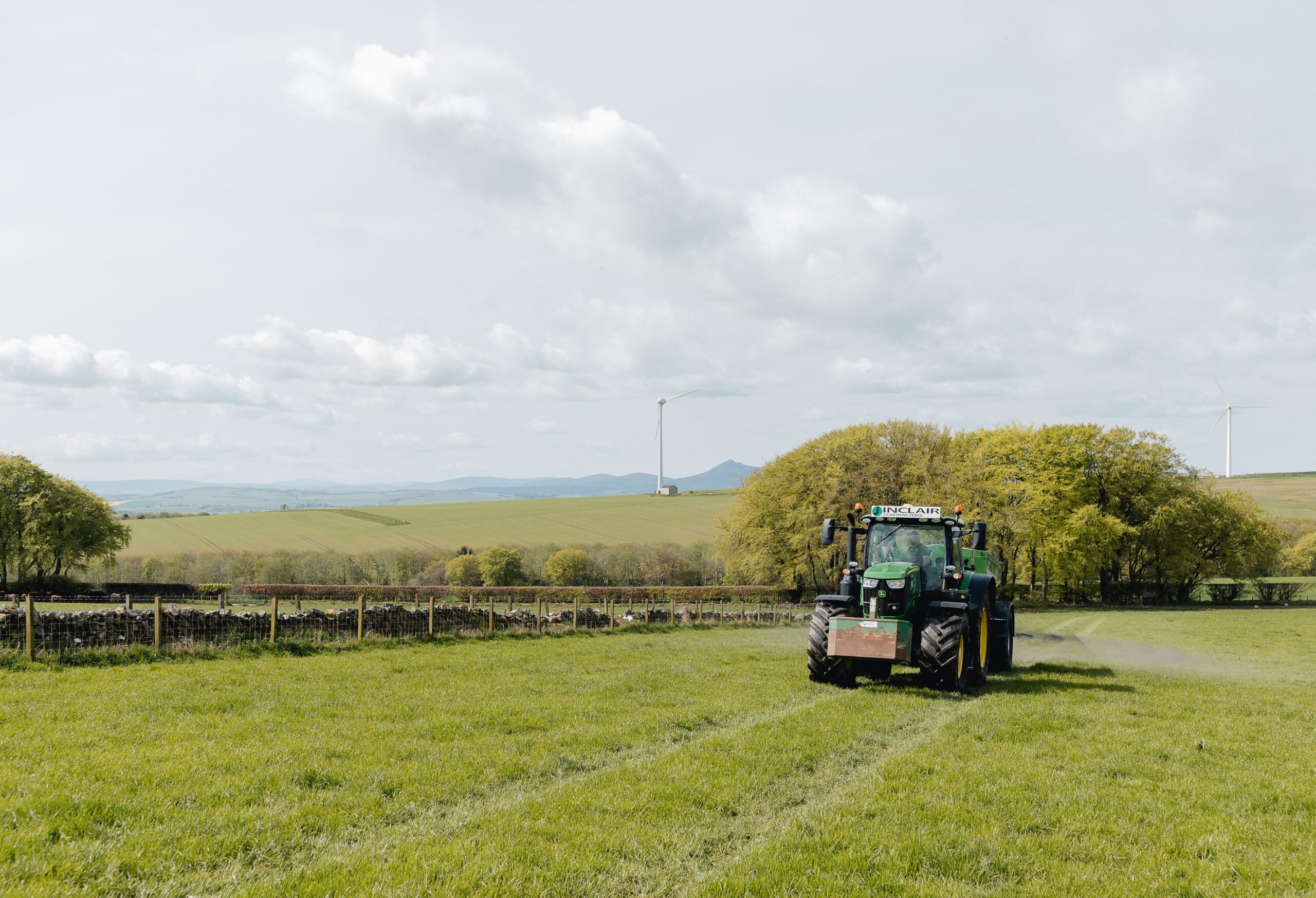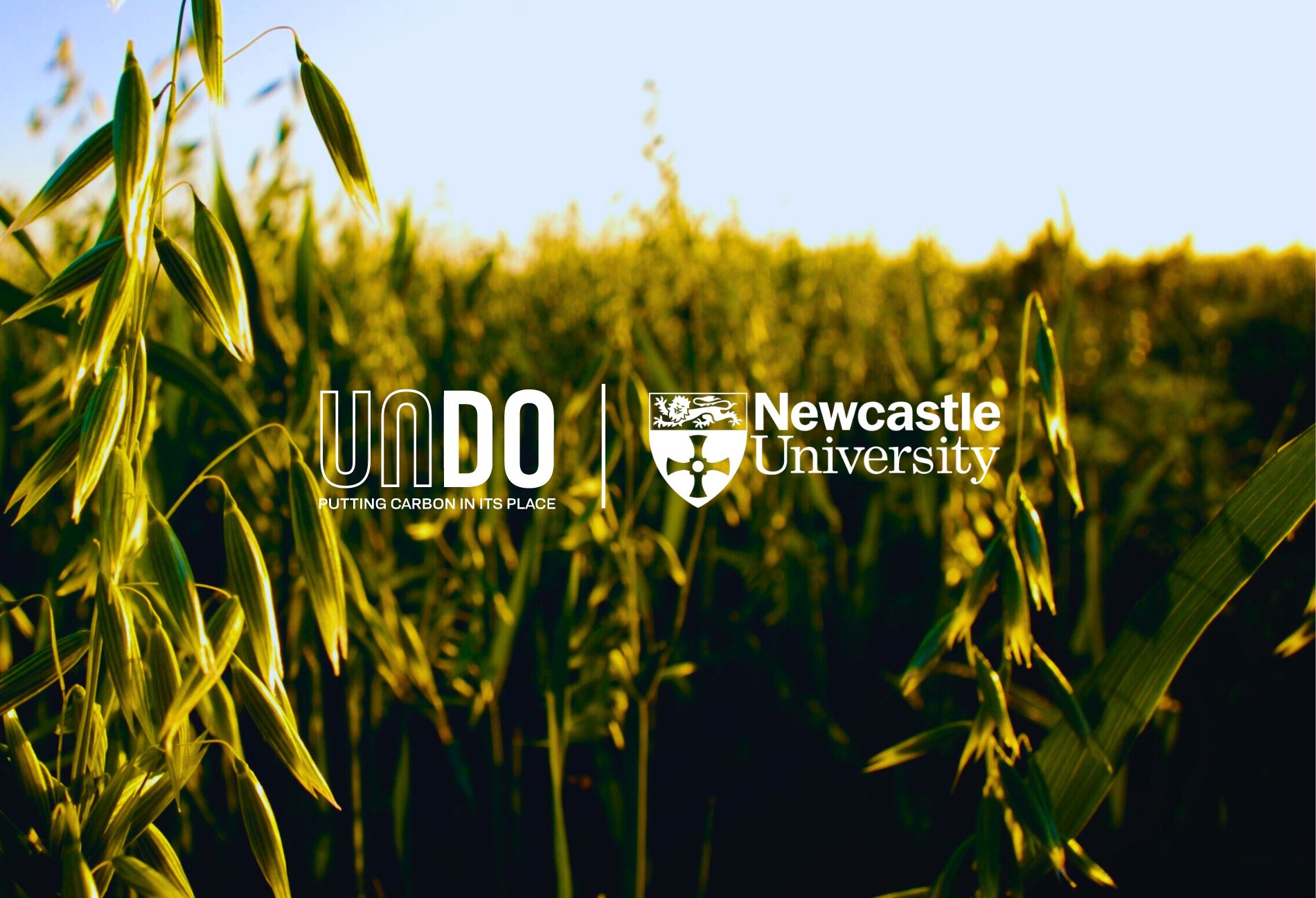UNDO, in partnership with Newcastle University, has released a peer-reviewed paper that finds enhanced rock weathering (ERW) contributed to a 9 – 20.5% higher crop yield and suggests increased crop resilience to future climate challenges.
Removing Carbon Dioxide While Benefiting Soils
Enhanced rock weathering – UNDO’s nature-based carbon dioxide removal technique that accelerates natural weathering – results in significantly higher first-year crop yields, improved soil pH, and higher nutrient uptake, according to a new scientific paper released in PLOS ONE journal.
ERW involves spreading finely crushed silicate rock such as basalt on agricultural land. It is a scalable, high-permanence carbon dioxide removal technology with the potential to sequester gigatonnes of CO₂ from the atmosphere. Co-authored by several UNDO scientists and Newcastle University, the peer-reviewed publication is the latest ERW study assessing the impact on crops in a temperate climate.
“Nutrient limitations in agricultural soils are a major concern for farmers in relation to sustaining and increasing crop yields. This latest study highlights how the spreading of basalt rock on farmland can lead to higher crop yields and can be effective in a temperate climate. This research demonstrates the potential for enhanced rock weathering to contribute to improved farmer livelihoods and food production, whilst also removing CO₂ from the atmosphere.”
Dr XinRan Liu, Head of Science and Research at UNDO and co-author of the paper
The Trial Design and First-Year Results

The agronomic trial was conducted during the 2022 growing season on the Newcastle University-managed Nafferton Farm, located in north-east England, UK, to assess the impact of basalt on spring oats crops across two different cultivation types. Control plots that had not been spread with crushed basalt rock were established and monitored as a point of comparison. The trial design consisted of 16 plots in four blocks. Each block included two different field management practices (direct drill and ploughed) and nested within each cultivation type was one basalt amended and one control plot.
Enhanced Rock Weathering Generates Higher Crop Yield
The results from the ongoing trial’s first year demonstrate that the crop yield was on average 15% higher (9.3% and 20.5% between ploughed and direct drill amended plots respectively) across the two different cultivation techniques. They also showed a stabilising effect on the soil pH, with the soil pH being on average 0.2 and 0.29 pH units higher in the basalt-amended plots, compared to the control plots. This change is a result of alkaline products generated as the rock minerals dissolve. The effect of silicate mineral dissolution on the soil pH could represent an attractive agronomic benefit for farmers.

Spreading Basalt Rock Leads to Higher Nutrient Levels in Soil
Basalt rock is rich in minerals that slowly release nutrients during dissolution. These nutrients act as a natural soil amendment and are essential for plant growth. The study found higher nutrient concentrations in the crops grown in the basalt-amended soil, including tissue calcium, grain and tissue potassium, suggesting that ERW can boost nutrient availability for plants and, as a result, may improve crop yield.
“The results of this trial give further scientific credibility for enhanced rock weathering and greatly improve its value proposition to farmers. Newcastle University is pleased to partner with UNDO. Our joint research into the co-benefits for farmers of basalt amendment is helping to pave the way for the widespread adoption of enhanced rock weathering in the agricultural community.”
Professor David Manning, Professor of Soil Science, Newcastle University, and co-author of the paper
UNDO is Conservatively Optimistic About Initial Findings
Taking account of the unusually dry growing season conditions in 2022, these findings indicate that basalt amendment could enhance productivity and crop yields, contributing to more sustainable and resilient food production systems in the face of future changes in growing season weather as a result of global warming.
The trial results showed no additional toxic elements taken up by crops in the plots where basalt had been spread. There was no negative impact on the natural environment in this trial, which indicates the food produced from it is safe for consumption. UNDO’s basalt has been approved for use in organic farming systems by respected certification bodies such as the Soil Association.
Our authors hope that the agronomic co-benefits of ERW will further incentivise farmers across the UK and worldwide to take advantage of this nature-based carbon removal solution.

Read the paper in full
Explore the intersection of cutting-edge research and practical agricultural solutions, setting the stage for a more resilient and sustainable future in farming.


 " />
" />
